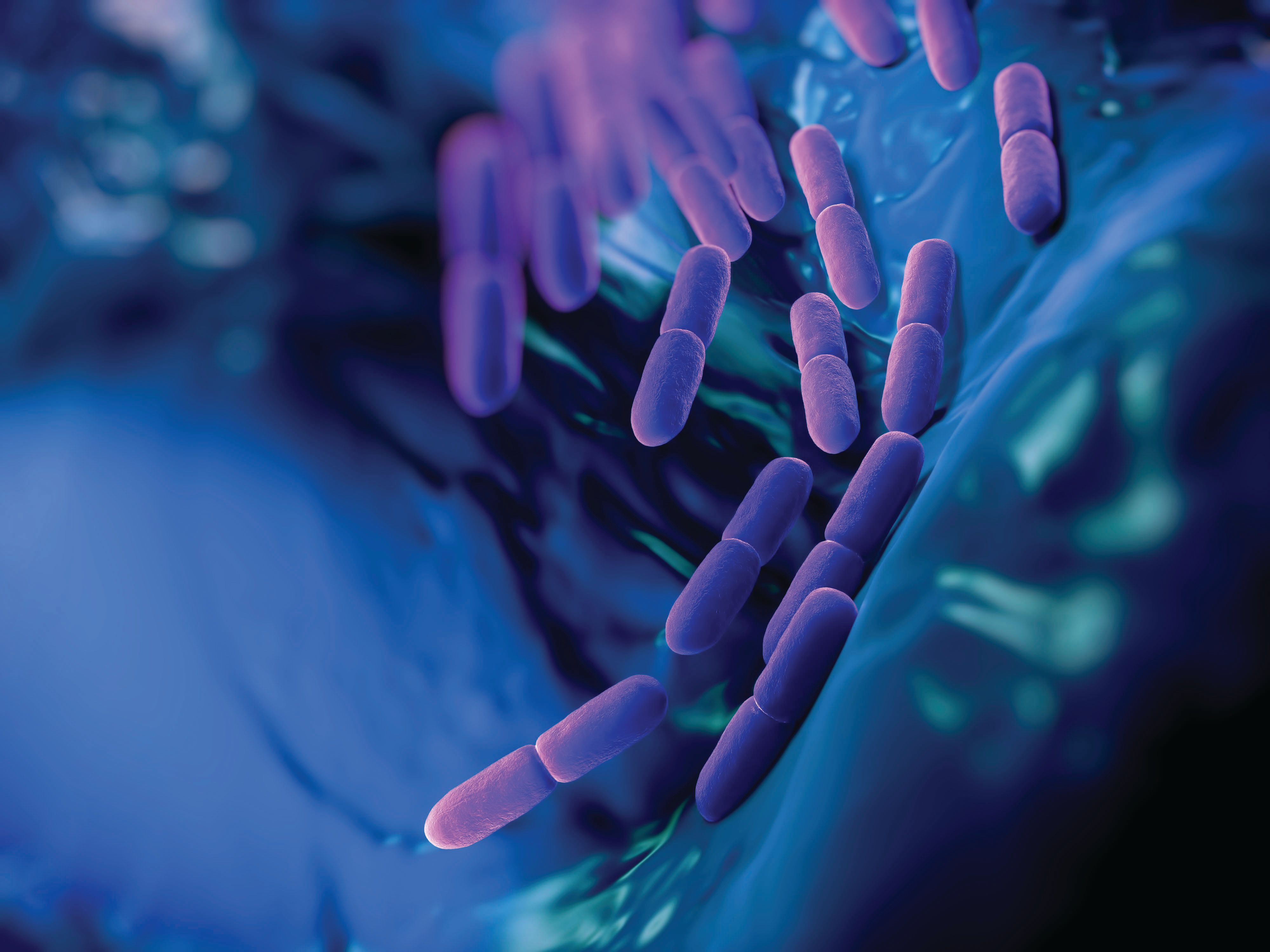Probiotic Reduces Levels of Potentially Harmful Gut Bacteria in Infants in New Study
According to a statement from Evolve BioSystems, the study “marks a major milestone in gut health as it’s the first ever to demonstrate that a probiotic can substantially and beneficially remodel and protect a baby’s gut.”
Photo © iStockphoto.com/royaltystockphoto

In a recently published Phase I clinical trial1 conducted at the University of California, Davis, Medical Center, researchers for the first time considered the effect of probiotic supplementation with Evolve BioSystems Inc.'s (Davis, CA) branded Bifidobacterium infantis EVC001, Evivo, on healthy, breastfed term infants. According to a company statement, the study “marks a major milestone in gut health as it’s the first ever to demonstrate that a probiotic can substantially and beneficially remodel and protect a baby’s gut.”
Bifidobacteria were once the dominant intestinal bacteria in breastfed infants, but modern diets and medical practices have made it difficult for babies to acquire a particularly important subspecies, Bifidobacterium longum subspecies infantis (B. infantis) early in life. In B. infantis’ absence, potentially harmful bacteria can thrive, possibly creating a higher risk of colic, eczema, allergies, diabetes, and obesity both early and later in life.
In the study, 80 mother-infant pairs were enrolled in either lactation support plus supplementation with B. infantis or lactation support alone. Starting seven days after birth, the supplemented infants received 1.8–2.8 × 1010 CFU of activated Evivo in breast milk daily for 21 days; the lactation-support-only infants served as a placebo group. All mothers collected fecal samples, completed health questionnaires and maintained daily logs concerning their infants’ feeding and gastrointestinal symptoms from birth until 61 days later.
Data showed that levels of potentially harmful bacteria such as E. coli, clostridia, Staph, and Strep dropped 80% in the supplementation group, whereas the control group receiving no probiotic support had more than four times the level of these organisms. Further, the supplementation group experienced 79% increase in Bifidobacteria, which the researchers later determined to be B. infantis. Finally, none of the safety and tolerability endpoints was different between the groups at any point in the trial.
Emerging research results show that proper development of the human gut microbiome in as early as the first few months of life can have long-lasting implications on conditions like colic, eczema, allergies, diabetes, and obesity. “The more good bacteria, the stronger a baby’s immune system and metabolism is to overcome the health issues mentioned above,” the statement noted. “The more bad bacteria, the more susceptible they become.”
References:
- Frese SA et al., "Persistence of supplemented Bifidobacterium longum subsp. infantis EVC001 in breastfed infants," mSphere, vol. 2, no. 6 (November 2017): 1-17








